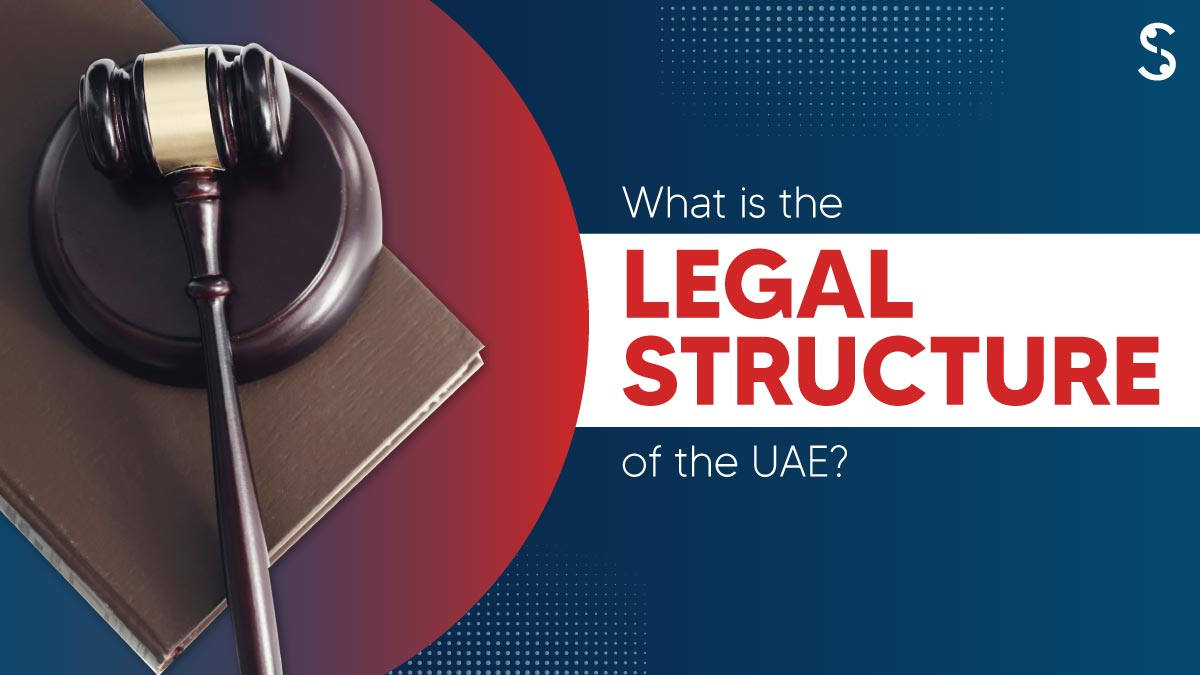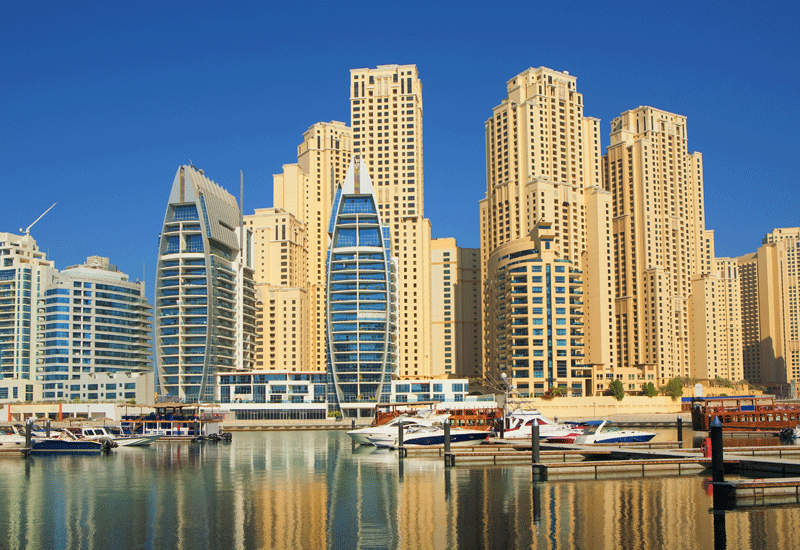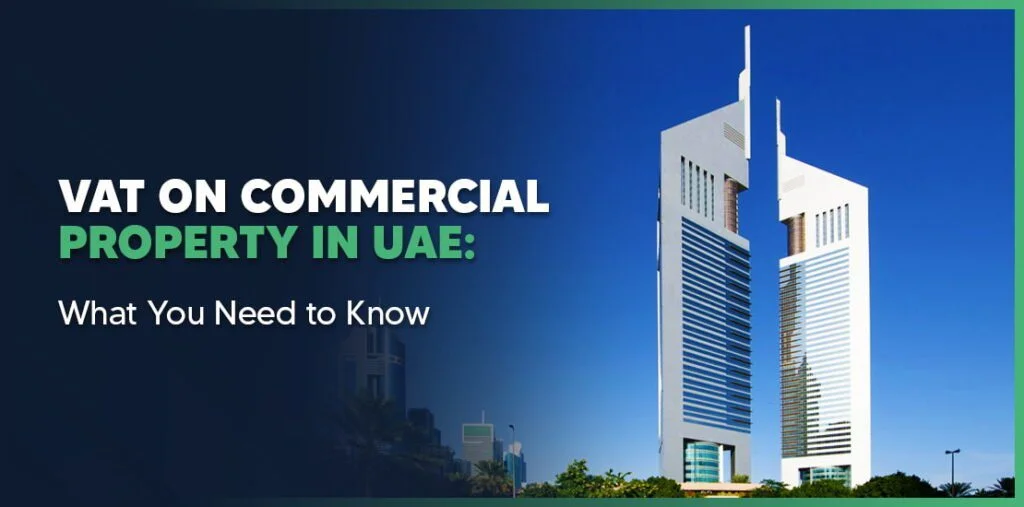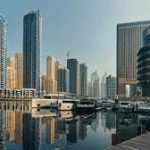Now Reading: Dubai Real Estate Taxation: 5 Legal Structures That Save Buyers Money
-
01
Dubai Real Estate Taxation: 5 Legal Structures That Save Buyers Money
Dubai Real Estate Taxation: 5 Legal Structures That Save Buyers Money

Table of Contents
Legal Structures: Dubai’s luxury real estate market is a global hotspot, offering high-net-worth individuals unparalleled opportunities for investment and lifestyle. While the emirate is renowned for its tax-friendly environment, with no personal income tax or capital gains tax, savvy buyers can further optimize their financial outcomes by choosing the right legal structure for property ownership.
The introduction of a 9% corporate tax in the UAE in 2023 and the 5% Value Added Tax (VAT) on commercial properties have made strategic planning essential. This article explores five legal structures that luxury property buyers can use to save money on taxes, ensuring compliance while maximizing returns in Dubai’s dynamic market.
1. Individual Ownership for Tax-Free Gains
The simplest and most tax-efficient structure for most luxury property buyers is individual ownership. In Dubai, individuals are exempt from personal income tax, including capital gains tax on property sales and rental income tax for personal use properties. This means that purchasing a villa in Emirates Hills or a penthouse in Downtown Dubai directly in your name allows you to retain 100% of the profits from appreciation or rental income without tax liabilities.
This structure is particularly advantageous for buyers planning to hold properties for personal use or long-term investment. For example, a AED 10 million apartment sold for AED 15 million incurs no capital gains tax, saving the buyer significant sums compared to jurisdictions with high tax rates. To maximize benefits, buyers should ensure the property is registered in their personal name and used for residential purposes, as commercial use may trigger VAT obligations. Consulting a financial advisor can help align this structure with broader wealth management goals.
2. Free Zone Company Ownership for VAT and Corporate Tax Benefits
Establishing a company in one of Dubai’s free zones, such as the Dubai International Financial Centre (DIFC) or Dubai Multi Commodities Centre (DMCC), can provide significant tax savings for commercial property purchases. Free zone companies often benefit from 0% corporate tax for a specified period (sometimes up to 50 years) and may be exempt from VAT on certain transactions, particularly if the property is used for exempt activities within the free zone.
For instance, a free zone company purchasing an office in DIFC for its own use can avoid the 5% VAT and corporate tax on rental income, provided the income is derived from exempt activities. This structure is ideal for buyers investing in commercial units or mixed-use developments. However, buyers must comply with free zone regulations, such as maintaining a physical presence or meeting substance requirements. Engaging a tax consultant familiar with free zone policies is crucial to ensure eligibility and avoid penalties.
3. Offshore Company Ownership for Asset Protection

Using an offshore company, such as one registered in the British Virgin Islands (BVI) or Cayman Islands, to hold Dubai properties can offer tax savings and asset protection. Offshore companies are not subject to UAE corporate tax unless they conduct taxable activities in the UAE, such as generating rental income. Additionally, offshore ownership can shield assets from legal liabilities in other jurisdictions, making it a popular choice for high-net-worth individuals.
For example, purchasing a luxury villa through a BVI company can simplify estate planning and maintain tax-free capital gains for the individual beneficiary. However, buyers must ensure the offshore entity complies with UAE anti-money laundering laws and DLD requirements for foreign ownership. Setup and maintenance costs for offshore companies, such as annual fees, should also be factored in. A legal advisor can help structure the ownership to balance tax savings with compliance.
4. Trust Structures for Estate Planning and Tax Efficiency
Trusts, particularly those established in jurisdictions like the DIFC or Abu Dhabi Global Market (ADGM), can be an effective way to hold Dubai properties while minimizing tax exposure and facilitating estate planning. Trusts allow buyers to transfer property ownership to a trustee, who manages it for the benefit of designated beneficiaries, avoiding direct ownership complications. In Dubai, trusts can hold properties without triggering personal income tax or capital gains tax, as these do not apply to individuals.
For commercial properties, a trust can be structured to minimize VAT by ensuring the property is used for exempt purposes, such as personal use by beneficiaries. Trusts also offer privacy and protection from inheritance disputes, making them ideal for family offices or multi-generational wealth planning. For instance, a DIFC trust holding a AED 20 million villa can ensure tax-free transfers to heirs. Buyers should work with a trust lawyer to tailor the structure to their needs and comply with UAE regulations.
5. Holding Company Structures for Mixed-Use Investments
For buyers investing in both residential and commercial properties, a UAE-based holding company can streamline tax management and reduce liabilities. While holding companies are subject to the 9% corporate tax on profits exceeding AED 375,000, they can consolidate property-related expenses, such as maintenance or financing costs, to offset taxable income. Additionally, holding companies can recover VAT paid on commercial property purchases if used for taxable activities, such as leasing.
For example, a holding company owning a mixed-use tower in Dubai Marina can deduct expenses like service charges or mortgage interest, reducing corporate tax exposure. If the company holds residential units for personal use by shareholders, those units remain VAT-exempt. This structure requires careful accounting to segregate taxable and exempt activities, making tax advisory support essential. Buyers should also explore free zone holding companies for additional tax exemptions, depending on the investment’s scope.
Strategic Implementation for Tax Savings

To leverage these legal structures effectively, luxury property buyers should align their choice with their investment goals and property use. Individual ownership is the most straightforward for personal use properties, offering simplicity and full tax exemptions. Free zone and offshore companies provide flexibility for commercial investments and asset protection, while trusts and holding companies cater to complex portfolios or estate planning needs.
Buyers should budget for setup costs, such as free zone licensing fees (AED 10,000–50,000 annually) or offshore company registration (AED 5,000–15,000), and account for ongoing compliance costs. Engaging tax advisors, legal consultants, and RERA-registered real estate agents is critical to ensure compliance with UAE laws, including the FTA’s corporate tax and VAT regulations, as well as DLD requirements. Buyers should also conduct due diligence on property locations, such as high-growth areas like Palm Jumeirah or Business Bay, to maximize returns in a tax-efficient structure.
Conclusion
Dubai’s tax-friendly real estate market offers luxury buyers unique opportunities to save money through strategic ownership structures. Individual ownership ensures tax-free gains for personal use, while free zone and offshore companies provide VAT and corporate tax benefits for commercial investments. Trusts and holding companies offer additional advantages for estate planning and mixed-use portfolios.
By carefully selecting the appropriate legal structure and working with experienced professionals, buyers can minimize tax liabilities, protect their assets, and capitalize on Dubai’s thriving property market. These five structures empower investors to make informed decisions, blending financial efficiency with the allure of luxury real estate. Legal Structures
read more: Dubai Real Estate: 7 Key Rules For Avoiding VAT On Commercial Units






















